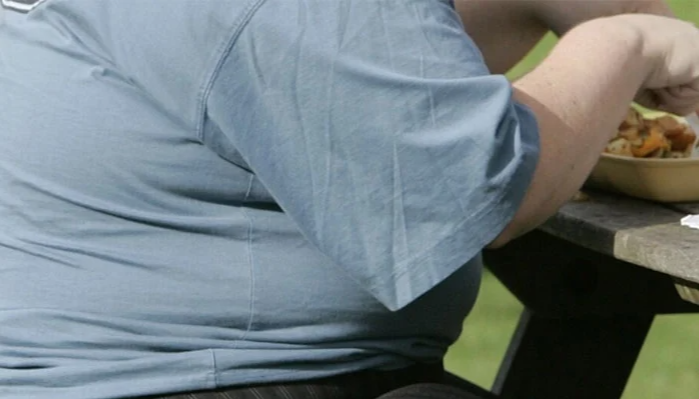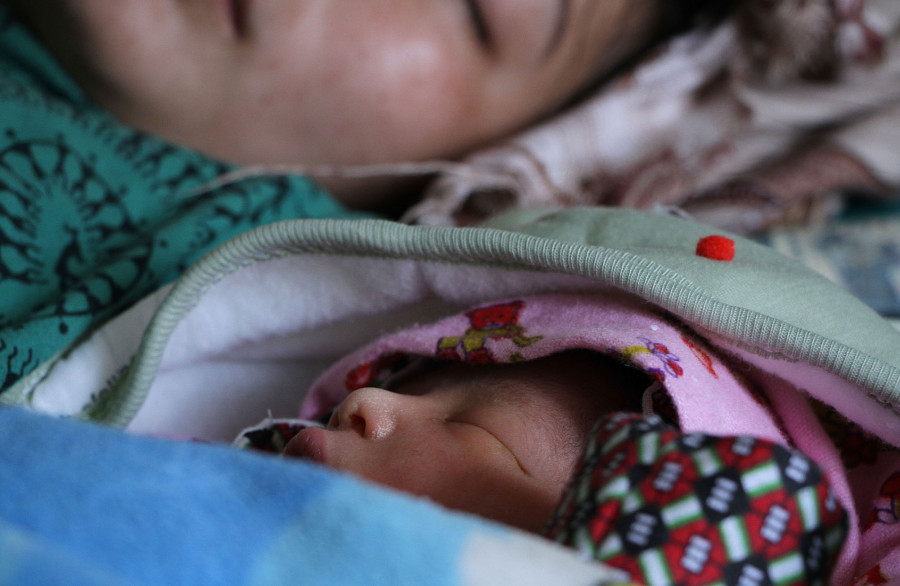
Gaining body weight despite eating less or exercising? So maybe this is the result of a normal habit of yours.
Most people know that food intake plays an important role in health and body weight, but a new study has discovered that the timing of meals is also important.
This study from Ewha Womans University in South Korea examined the relationship between meal times and body weight.
The study looked at the extent to which eating and sleeping patterns affect body weight with age.
For this purpose the data of 9474 individuals were reviewed.
Food intake, timing and other details were obtained from these individuals while their sleep duration was also observed and this data was then compared with body weight gain.
The body weight of these people was monitored for 3 and a half years, during which around 10 percent of the people became obese.
The study found that those who ate after 9pm had a 20% higher risk of obesity than others.
Eating late at night increases the risk of obesity by 34%, especially in men.
In contrast, women who eat late at night have a higher risk of miscarriage, especially when their sleep duration is less than 6 hours.
The results of this study were published in the Journal of Nutrition, Health and Aging.
This is not the first time that a link between late night eating habits and obesity has been discovered.
Earlier research published in the journal Cell Metabolism in October 2022 found that eating late at night increases the risk of obesity while also increasing body weight.
The study involved 16 obese subjects and each was given meal times and told to eat the same type of food.
In these individuals, the effects of meal times on the body were also examined and how the body stored fat.
The results showed that the habit of eating late has a negative effect on the hormones that play a role in hunger and food cravings and makes people want to eat more.
Research has shown that people who eat food late burn calories more slowly and accumulate more body fat.
Similar results were found in other research reports.
A Johns Hopkins University study found that teenagers who ate at 10 p.m. burned less body fat and had 20 percent higher blood sugar levels than those who ate at 6 p.m. It also increases the risk of type 2 diabetes.
According to the researchers, this shows that it's not just what you eat that matters, but also when you eat it.
.jpeg)



